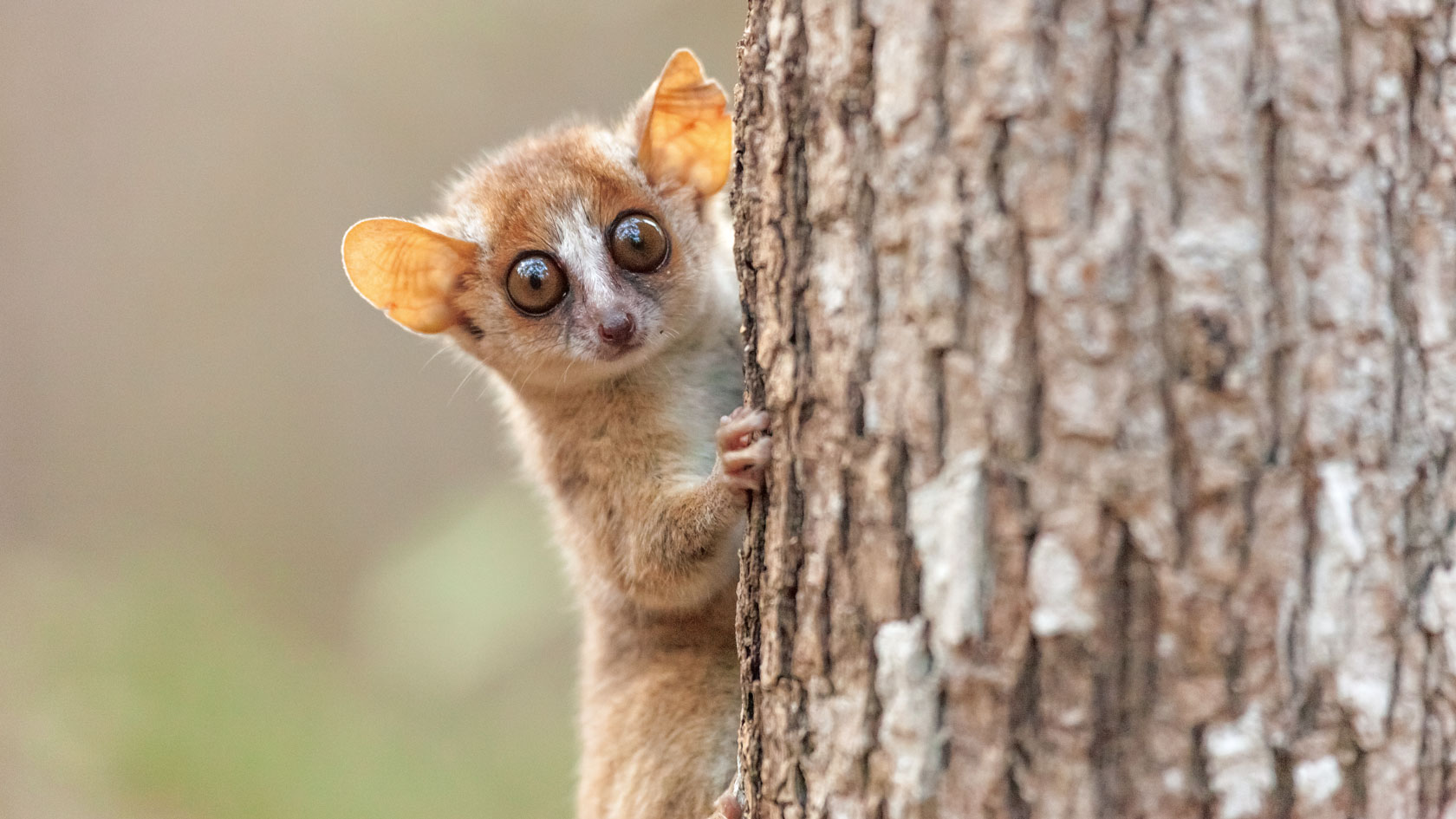Climate Change Threatens Lemurs on Madagascar
Mouse lemurs give birth to their offspring during the five-month rainy season and build up fat reserves to survive the dry season when food is scarce. But what happens when the rainy season becomes drier and the dry season warmer? Researchers at the German Primate Center - Leibniz Institute for Primate Research and the University of Zurich show that climate changes destabilize mouse lemur populations and increase the risk of extinction.

Effects of climate change have mostly been studied in large, long-lived species with low reproductive output. Small mammals with high reproductive rates can usually adapt well to changing environmental conditions, so they have been little studied in the context of climate change. Claudia Fichtel and Peter Kappeler from the German Primate Center – Leibniz Institute for Primate Research (DPZ) have been researching lemurs on Madagascar for many years and have thus built up a unique data set to fill this knowledge gap.
UZH news
UZH news